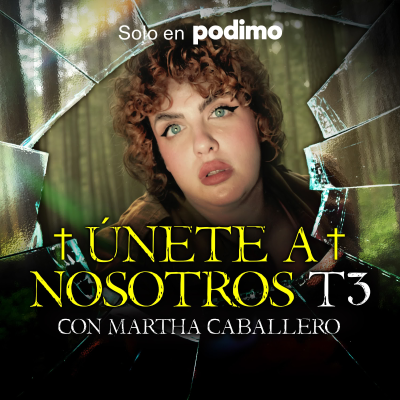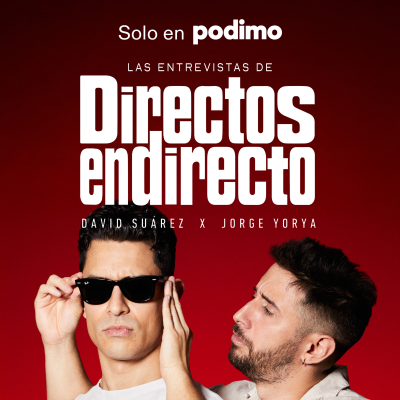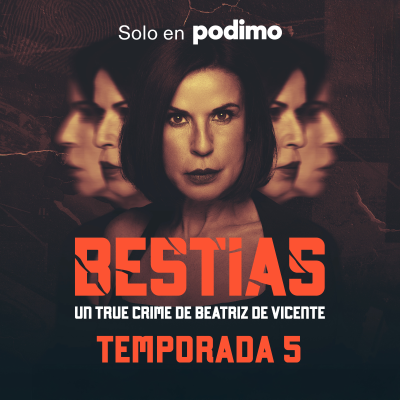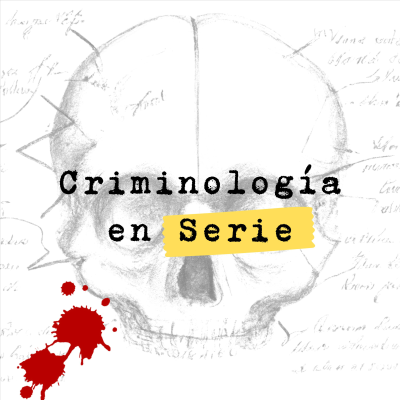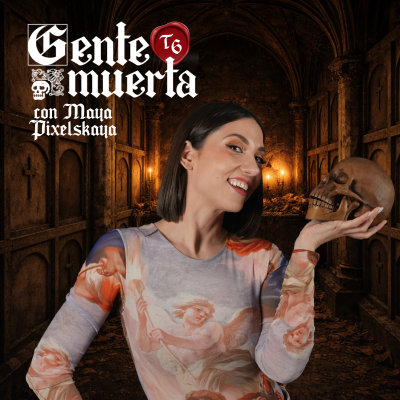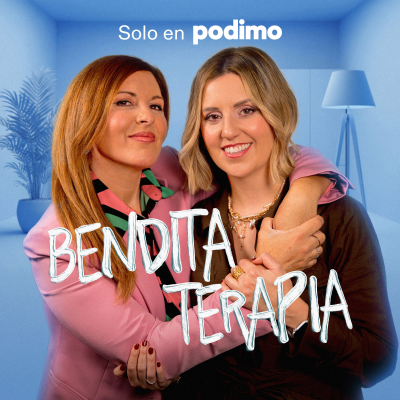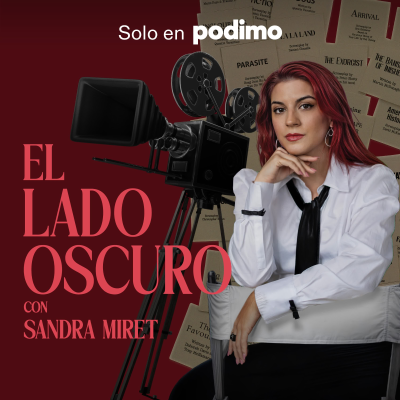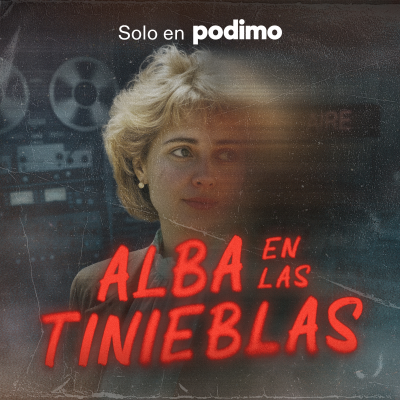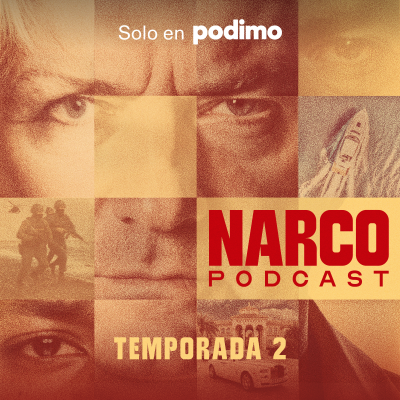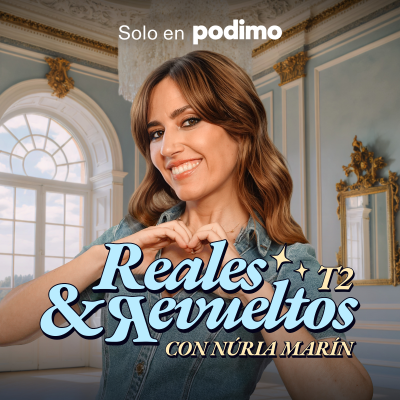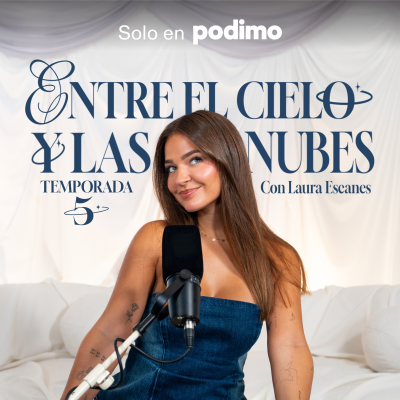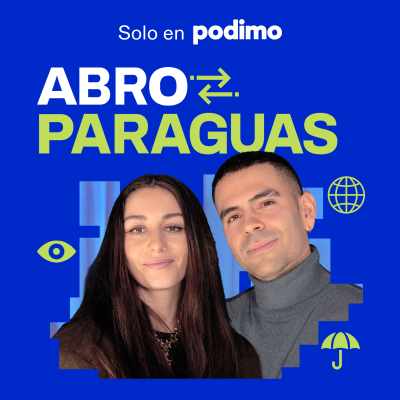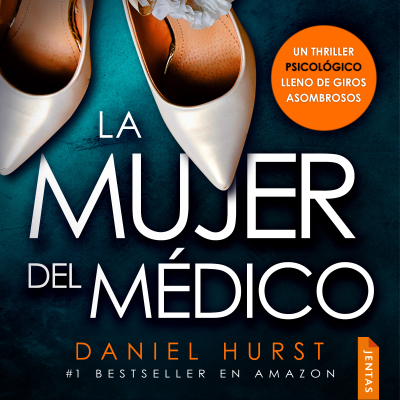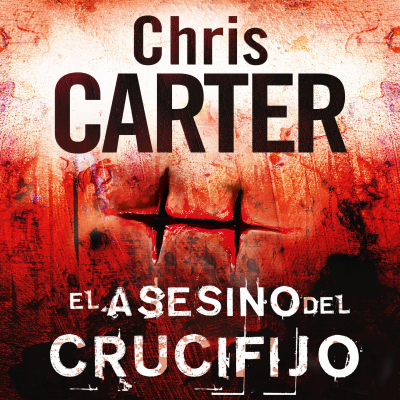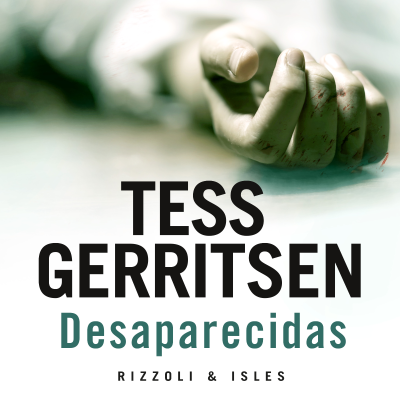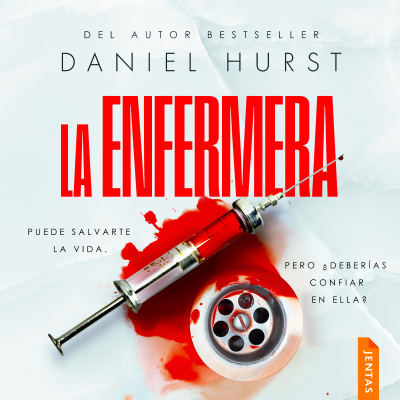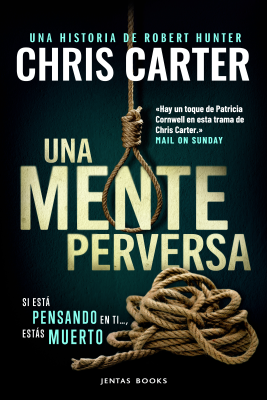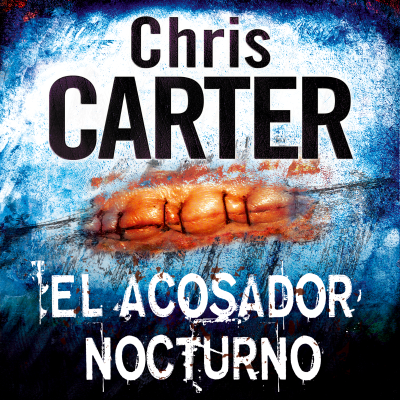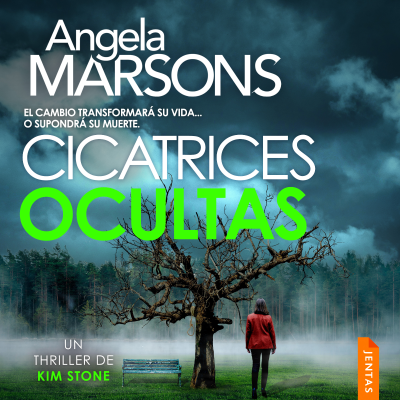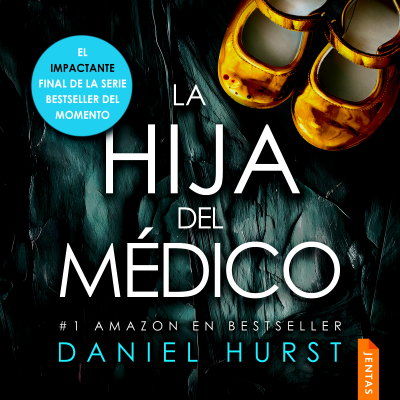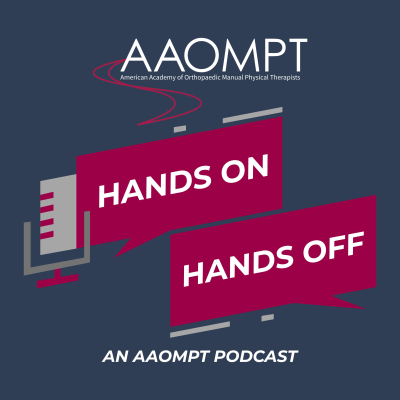
Hands On Hands Off
inglés
Desarrollo personal & Salud
Oferta limitada
2 meses por 1 €
Después 4,99 € / mesCancela cuando quieras.
- 20 horas de audiolibros / mes
- Podcasts solo en Podimo
- Podcast gratuitos
Acerca de Hands On Hands Off
An AAOMPT Podcast
Todos los episodios
374 episodiosWhy Communication Is the Real Superpower in Manual Therapy
John Seivert, PT, a clinician with more than 40 years of experience blending skilled orthopedic manual therapy with the art of Motivational Interviewing. Fresh off his conference breakout sessions — Touch, Talk, and Transform — John breaks down what holistic OMPT looks like today, why communication is the foundation of effective care, and how accurate empathy changes outcomes. We explore: The current state of OMPT and where the field is heading Why “How good are you at listening?” might be the most important question in therapy How MI empowers patients to make meaningful change What John has learned from four decades of treating, teaching, and bike racing His reflections on retirement, mentorship, and legacy If you’re a clinician, student, educator, or anyone who cares about whole-person care, this is a conversation that will sharpen your skills — and your humanity. 0:00 – Intro 0:27 – Who Is John Seivert? 1:35 – Touch, Talk & Transform: The Masterclass 4:22 – The Current State of OMPT 7:50 – Why It All Starts With Communication 11:10 – How to Actually Listen in a Clinical Encounter 14:40 – Motivational Interviewing in Orthopedic Practice 18:55 – Role Modeling Listening for Patients & Learners 22:30 – What 40 Years of OMPT Has Taught John 26:15 – Bike Racing at 65: Lessons for Clinicians 30:02 – Preparing for Retirement & Passing the Torch 33:10 – Final Thoughts & Advice for New Clinicians ???? Guest: John Seivert, PT Faculty at Kaiser Permanente Fellowship Program, EIM Weekend Intensive Faculty, MINT Trainer
Why AAOMPT Membership Matters
AAOMPT Fellow and educator Laura Wenger joins us to explore the future of membership, community, and belonging within orthopaedic manual physical therapy. Laura teaches foundational clinical reasoning at the University of Utah’s hybrid DPT pathway, treats patients weekly in a rural outpatient ortho practice, and serves as Co-Chair of AAOMPT’s Inclusive Membership & Engagement Committee (IMEC). Her work sits at the intersection of education, patient care, and organizational leadership. In this episode, Laura shares what IMEC is working on, how AAOMPT can better serve clinicians across training levels, and why belonging and representation matter for the future of the profession. In this episode, we cover: ???? Who AAOMPT members actually are — and who we want to reach ???? The biggest opportunities for member engagement year-round ???? How AAOMPT supports professional + personal growth ???? The value of SIGs, committees, and leadership pathways ???? Fellowship pathways & mentorship: where they shine ???? Why DEI work is essential for OMPT’s long-term health ???? How Laura teaches clinical reasoning to a new generation of DPT students ???? Practicing in rural settings + hybrid education insights This one is essential listening for current AAOMPT members — and anyone curious about joining.
The Worst Pain Is Unexplained Pain — Rethinking Diagnosis in Physical Therapy
The worst pain is unexplained pain. In this episode of the Hands-On, Hands-Off Podcast, physical therapists Amy McDevitt and Paul Mintkin explore why pain without a clear diagnosis is often the most distressing—and how physical therapists can communicate pain more effectively when imaging, MRI findings, and pathoanatomy don’t provide clear answers. This conversation dives deep into pain science, musculoskeletal pain, low back pain, and the limitations of medical imaging in explaining symptoms. We discuss how over-reliance on MRI results can increase fear, catastrophizing, and confusion for patients—and how language, context, and functional diagnosis can dramatically change outcomes. Learn how to reframe pain using the ICF model, why pain does not equal tissue damage, and how PTs can shift from chasing a pain generator to treating the whole person. The episode includes a real-time patient role-play, practical communication strategies, and insights on direct access physical therapy, lifestyle factors (sleep, stress, activity), and the future of PT education. This episode is essential listening for physical therapists, manual therapists, rehab professionals, and students looking to improve patient communication, reduce fear, and deliver truly person-centered care.
Manual Therapy Mechanisms & the Future of MT Education | Damian Keter
Damian Keter joins the show to unpack manual therapy treatment mechanisms and how our profession needs to evolve its education around MT. Damian is a clinician specializing in complex pain at the VA and a clinical researcher whose work centers on MT mechanisms and manual therapy training paradigms. If you’ve ever wondered what actually happens when we deliver manual therapy — and how to teach it more effectively — this episode delivers clarity. TOPICS: • Manual therapy mechanism research • Contextual effects and clinical reasoning • How MT education needs to evolve • Helping clinicians move beyond outdated models • The future of manual therapy in PT
Lifestyle Medicine Meets OMPT: A Conversation with Mark Shepherd
Mark Shepherd joins the podcast to discuss person-centered clinical reasoning, lifestyle medicine, and how to improve the way PTs make sense of pain. Mark is Program Director of the Bellin College OMPT Fellowship, a DPT faculty member, and a clinician who blends manual therapy, patient values, and lifestyle-based interventions to build clearer clinical hypotheses. His recent publication introduces an updated reasoning model: the person-centered hypothesis, which emphasizes individualized sense-making over rigid diagnostic categories. IN THIS EPISODE: • What “person-centered hypothesis” means in practice • How lifestyle medicine empowers rather than dilutes OMPT care • Improving reasoning in complex pain cases • Why clinicians should anchor decisions in patient values • Mark’s journey through education, teaching, and fellowship leadership A must-listen for clinicians and educators who want a more modern, human approach to reasoning.
Elige tu suscripción
Oferta limitada
Premium
20 horas de audiolibros
Podcasts solo en Podimo
Podcast gratuitos
Cancela cuando quieras
2 meses por 1 €
Después 4,99 € / mes
Premium Plus
100 horas de audiolibros
Podcasts solo en Podimo
Podcast gratuitos
Cancela cuando quieras
Disfruta 30 días gratis
Después 9,99 € / mes
2 meses por 1 €. Después 4,99 € / mes. Cancela cuando quieras.
